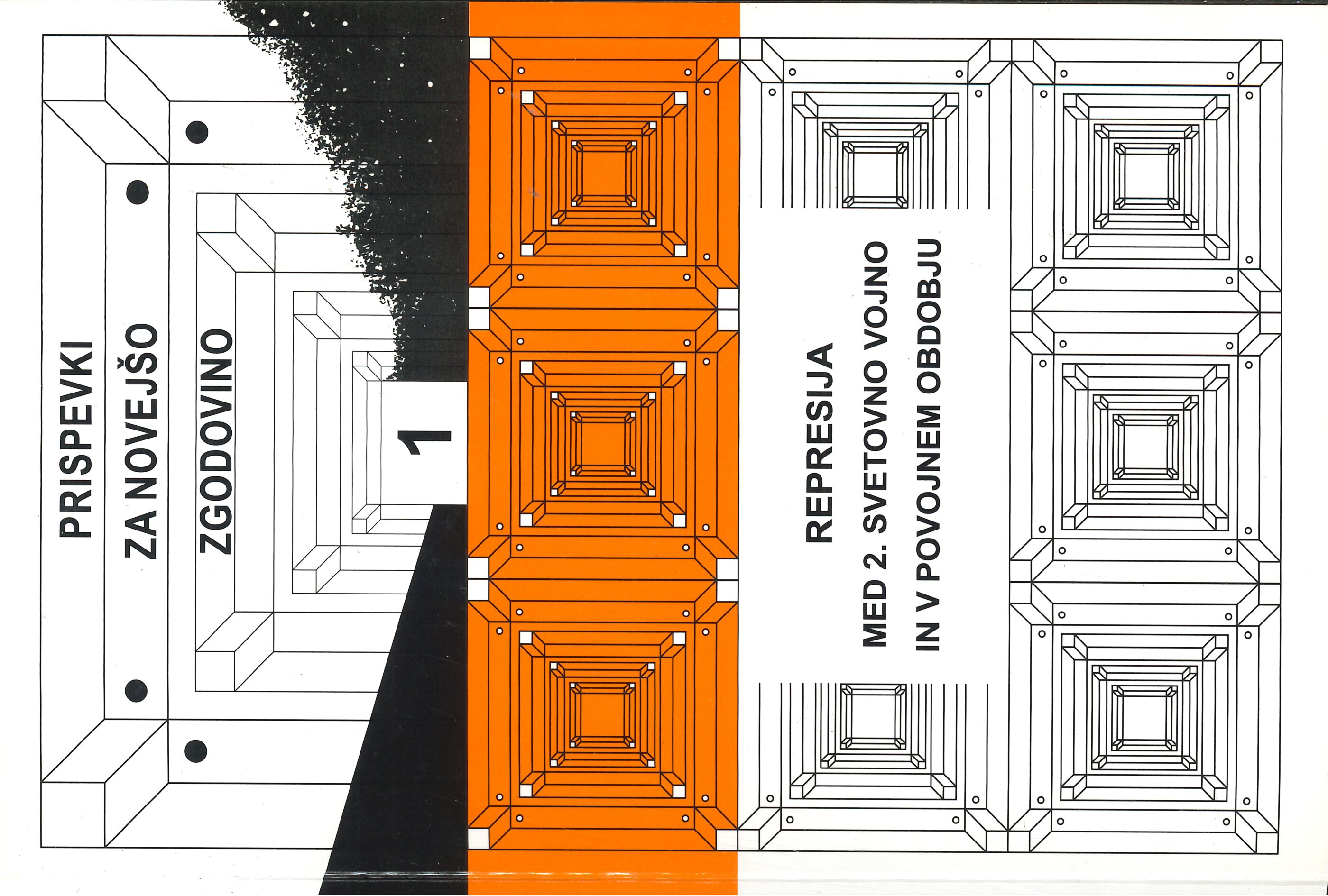Represija v Prekmurju med drugo svetovno vojno – primer internacije kolonistov iz okolice Dolnje Lendave v Sárvár
Keywords:
Prekmurje, internment, agrarian reform, colonists, Dolnja Lendava, Sárvár, internment campAbstract
REPRESSION IN PREKMURJE DURING WORLD WAR II: AN EXAMPLE OF INTERNMENT INTO SÁRVÁR
The article based on archive sources, literature and testimonies of internees describes the policy of the Hungarian authorities during World War II towards the colonists, settled near Dolnja Lendava by the Yugoslav‐Hungarian border in the context of the Yugoslav agrarian reform. After the Prekmurje region had been annexed to Hungary in April of 1941, the authorities confiscated all of the agrarian land expropriated in the Kingdom of Yugoslavia in the context of the agrarian reform, so it became the property of the state. Thus the colonists lost their means of survival. After the negotiations between Hungary and Italy, where the colonists had originated from, with regard to the extradition of the colonists failed, in June 1942 the Hungarian authorities interned 587 colonists from the surroundings of Dolnja Lendava in the Sárvár internment camp. Soon after their arrival to the camp, the children younger than 16 were taken to Bačka, where they remained until the end of the war, while more than 50 colonists decided to leave to the Independent State of Croatia. During the internment, 35 of the colonists from the surroundings of Dolnja Lendava died.
Downloads
Published
Issue
Section
License
Authors who publish with this journal agree to the following terms:
- Authors retain copyright and grant the journal right of first publication with the work simultaneously licensed under a Creative Commons Attribution License that allows others to share the work with an acknowledgement of the work's authorship and initial publication in this journal.
- Authors are able to enter into separate, additional contractual arrangements for the non-exclusive distribution of the journal's published version of the work (e.g., post it to an institutional repository or publish it in a book), with an acknowledgement of its initial publication in this journal.
- Authors are permitted and encouraged to post their work online (e.g., in institutional repositories or on their website) prior to and during the submission process, as it can lead to productive exchanges, as well as earlier and greater citation of published work (See The Effect of Open Access).


